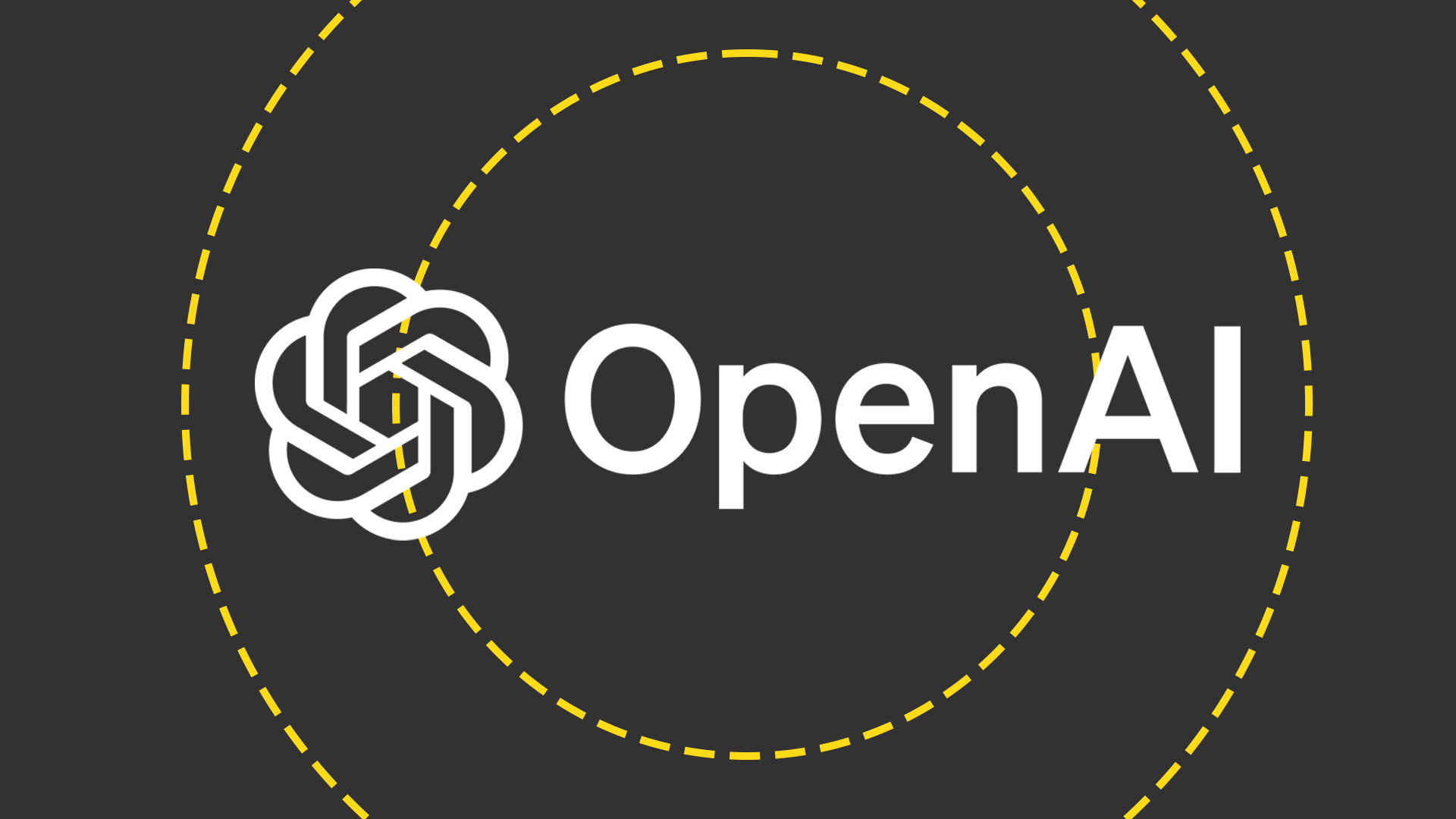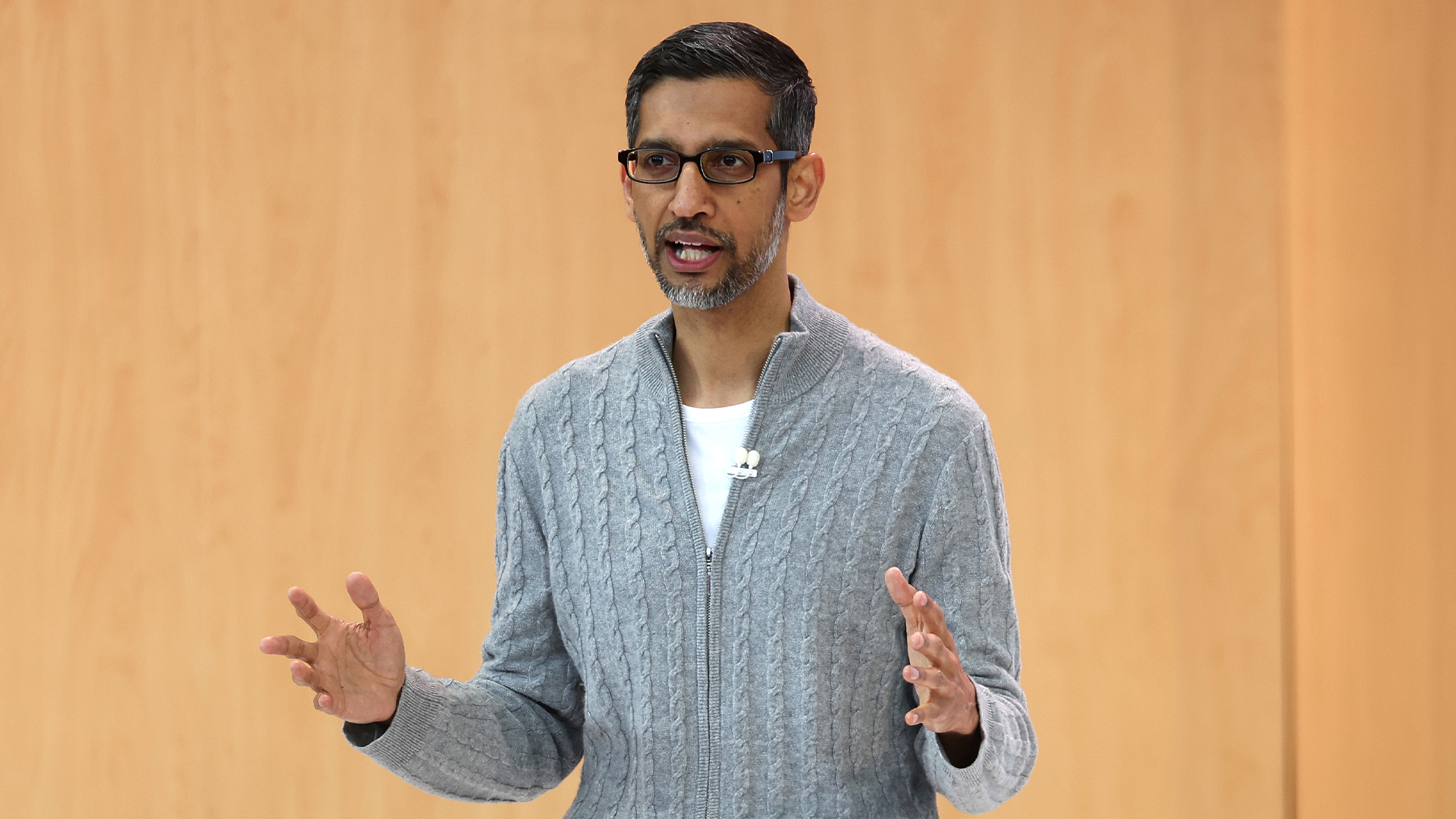OpenAI, others pushing false narratives about LLMs, says Databricks CTO
Tech giants are widely overstating AI dangers, as well as the costs of building generative AI platforms, to maintain a stranglehold on the emerging field


Tech firms like OpenAI are obstructing a move to ‘democratize’ artificial intelligence (AI) by spinning false narratives, according to Databricks’ CTO Matei Zaharia.
Such narratives can include messaging around doomsday-style risks and exorbitant costs, he said, which are designed to discourage other companies from participating in generative AI development.
The pace of change within the AI industry to try and capitalize on the technology has been likened to that of when technologies like blockchain and cloud computing first came to the fore.
Many companies are seeking to make a move in the AI space, whether that be to implement the technology or work to build a generative AI system from scratch.
RELATED RESOURCE

AI and cyber security
A look ahead to how best practices in AI application capabilities will evolve
“There are definitely the larger providers, like OpenAI, Google, and so on; they have this narrative – and they’re talking in a lot of places about how – first of all, this stuff is super dangerous, not in the sense of a disruptive technology, but even in the sense of ‘it might be evil and whatever’,” Zaharia told ITPro during an interview at Databricks' Data + AI Summit 2023. “It’s very sci-fi.”
“OpenAI – that’s exactly the narrative they’re pushing – but others as well.
“Anytime someone talks about AI alignment or whatever, it’s often from this angle: Watch out, it might be evil. They’re also saying how it’s a huge amount of work to train [models]: It’s super expensive – don’t even try it.
Get the ITPro daily newsletter
Sign up today and you will receive a free copy of our Future Focus 2025 report - the leading guidance on AI, cybersecurity and other IT challenges as per 700+ senior executives
“I’m not sure either of those things are true.”
Zaharia cited MosaicML – the startup Databricks recently acquired for $1.3 billion – as having trained a large language model (LLM) with 30 million parameters that’s competitive with GPT-3, and “probably cost like ten to 20 times less” to train.
While some companies are hedging their bets, there are others that hope the generative AI market comprises just a handful of players, all of which believe only they can understand how to make the technology safe, he added.
The pace of change and innovation, however, defies this notion, with Zaharia impressed with how many smaller models are out there since ChatGPT launched that can rival it.
“A lot of people thought ‘wow it’ll take a long time to catch up’, and now I’ve been surprised – lots of people have been surprised – by the speed at which others have replicated some of that and even done it at a much lower cost.”
In the future, people may be surprised by how general the technology becomes the more that enterprises experiment and find new use cases for LLMs and other generative AI systems, he added.

Keumars Afifi-Sabet is a writer and editor that specialises in public sector, cyber security, and cloud computing. He first joined ITPro as a staff writer in April 2018 and eventually became its Features Editor. Although a regular contributor to other tech sites in the past, these days you will find Keumars on LiveScience, where he runs its Technology section.
-
 Third time lucky? Microsoft finally begins roll-out of controversial Recall feature
Third time lucky? Microsoft finally begins roll-out of controversial Recall featureNews The Windows Recall feature has been plagued by setbacks and backlash from security professionals
By Emma Woollacott Published
-
 The UK government wants quantum technology out of the lab and in the hands of enterprises
The UK government wants quantum technology out of the lab and in the hands of enterprisesNews The UK government has unveiled plans to invest £121 million in quantum computing projects in an effort to drive real-world applications and adoption rates.
By Emma Woollacott Published
-
 Google Cloud is leaning on all its strengths to support enterprise AI
Google Cloud is leaning on all its strengths to support enterprise AIAnalysis Google Cloud made a big statement at its annual conference last week, staking its claim as the go-to provider for enterprise AI adoption.
By Rory Bathgate Published
-
 OpenAI woos UK government amid consultation on AI training and copyright
OpenAI woos UK government amid consultation on AI training and copyrightNews OpenAI is fighting back against the UK government's proposals on how to handle AI training and copyright.
By Emma Woollacott Published
-
 DeepSeek and Anthropic have a long way to go to catch ChatGPT: OpenAI's flagship chatbot is still far and away the most popular AI tool in offices globally
DeepSeek and Anthropic have a long way to go to catch ChatGPT: OpenAI's flagship chatbot is still far and away the most popular AI tool in offices globallyNews ChatGPT remains the most popular AI tool among office workers globally, research shows, despite a rising number of competitor options available to users.
By Ross Kelly Published
-
 ‘DIY’ agent platforms are big tech’s latest gambit to drive AI adoption
‘DIY’ agent platforms are big tech’s latest gambit to drive AI adoptionAnalysis The rise of 'DIY' agentic AI development platforms could enable big tech providers to drive AI adoption rates.
By George Fitzmaurice Published
-
 Google DeepMind’s Demis Hassabis says AI isn’t a ‘silver bullet’ – but within five to ten years its benefits will be undeniable
Google DeepMind’s Demis Hassabis says AI isn’t a ‘silver bullet’ – but within five to ten years its benefits will be undeniableNews Demis Hassabis, CEO at Google DeepMind and one of the UK’s most prominent voices on AI, says AI will bring exciting developments in the coming year.
By Rory Bathgate Published
-
 OpenAI wants to simplify how developers build AI agents
OpenAI wants to simplify how developers build AI agentsNews OpenAI is releasing a set of tools and APIs designed to simplify agentic AI development in enterprises, the firm has revealed.
By George Fitzmaurice Published
-
 Google CEO Sundar Pichai says DeepSeek has done ‘good work’ showcasing AI model efficiency — and Gemini is going the same way too
Google CEO Sundar Pichai says DeepSeek has done ‘good work’ showcasing AI model efficiency — and Gemini is going the same way tooNews Google CEO Sundar Pichai hailed the DeepSeek model release as a step in the right direction for AI efficiency and accessibility.
By Nicole Kobie Published
-
 Elon Musk’s $97 billion flustered OpenAI – now it’s introducing rules to ward off future interest
Elon Musk’s $97 billion flustered OpenAI – now it’s introducing rules to ward off future interestNews OpenAI is considering restructuring the board of its non-profit arm to ward off unwanted bids after Elon Musk offered $97.4bn for the company.
By Nicole Kobie Published